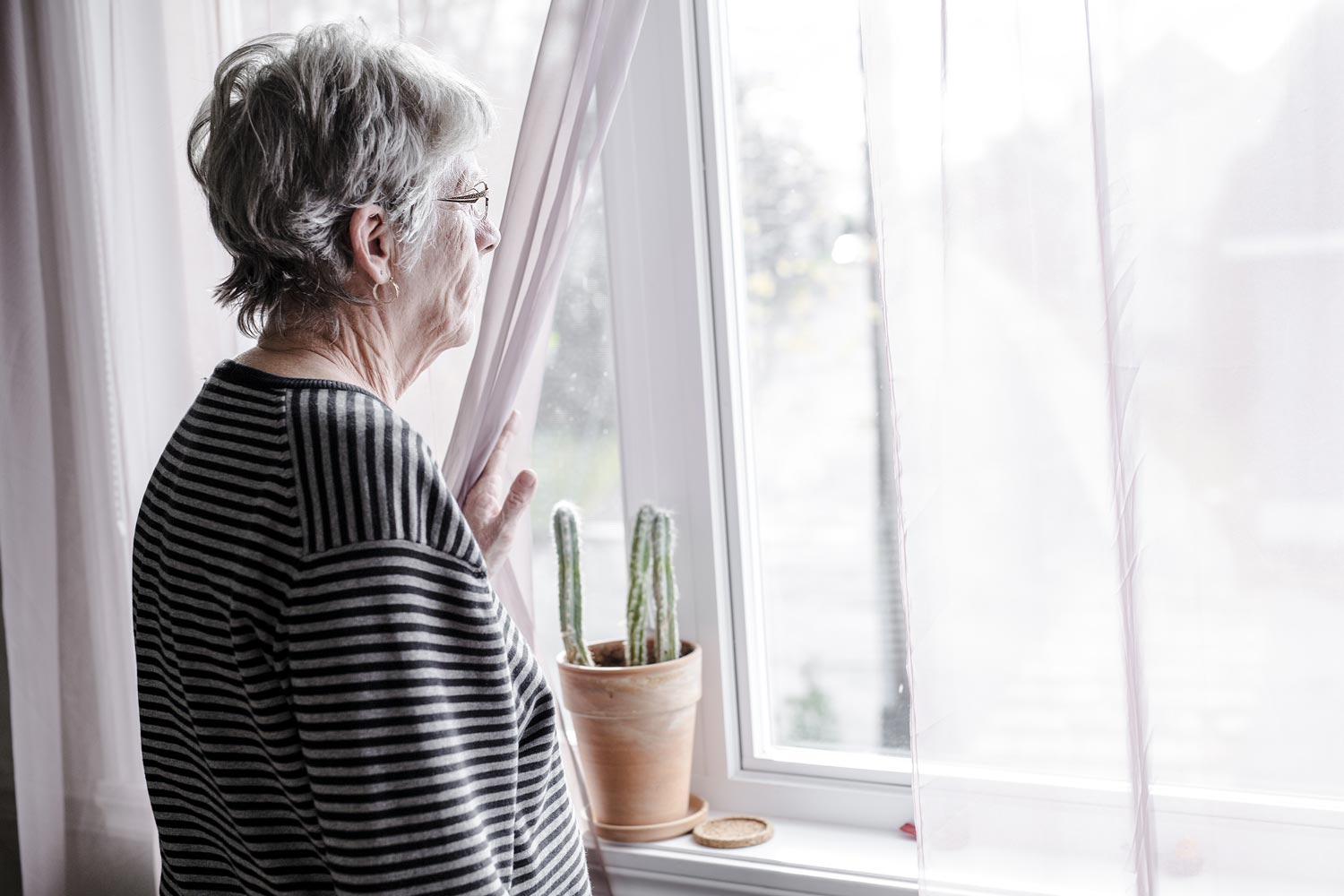
As a society, we’ve neve been more connected than we have been now with the advent of social media and technology. We can post pictures, chat and connect with loved ones and strangers. It is a very interesting age that we live in and even more so because people are reporting moderate to high levels of loneliness. We are talking about 3 out of 4 Americans that were polled in December of 2018.
While you might consider loneliness to be a mental pain, it actually has quite a few physical symptoms that you might be overlooking. Before you start looking into the physical symptoms, it is best to discover what chronic loneliness actually is.
What is chronic loneliness?
If you believe you are suffering from chronic loneliness, it would mean that you are dealing with feelings of loneliness and uncomfortable social isolation for a long period of time. You would feel a constant and unrelenting feeling of being alone, divided from others and this inability to connect to others on a deeper level. It can turn into a deep rooted feeling of inadequacy, low self-esteem and self-loathing.
Chronic loneliness is not just for the person suffering in silence, behind a closed door. Even the most outgoing people – the “life of the party” type, can be chronically lonely.
It is, however, possible to experience an episode of loneliness. For instance, if you move to a new city or switch jobs. The difference between chronic loneliness and episodic loneliness is that the episode will pass. With chronic loneliness you begin to have more days of feeling lonely than not, and the desire to withdraw even more.
In what other ways does chronic loneliness affect my body?
In addition to these feelings of loneliness, you might have other conditions that are now exacerbated. These could include headaches, high blood pressure, worsening diabetes, upset stomach, physical aches and overactive immune systems. Should any of these side effects even be subtle, they should be taken seriously.
Here are some of the ways that chronic loneliness can be damaging to your body.
Your ability to manage stress?
An imbalance of hormones can be stress related and this imbalance can easily become detrimental to your ability to manage stress. In particular, the steroid hormone called cortisol can increase greatly with chronic loneliness. With an excess of cortisol, your body has a much harder time coping with your situation and resting peacefully. Even just socializing with friends to vent your frustrations can reduce levels of cortisol.

Your inability to sleep and lack of energy?
Chronic loneliness can literally wear you out. Feeling lonely can wear on your body and affect the quality of sleep you get each night. Eventually, it turns into a lack of energy throughout the day as you fight those feelings of fixation mixed with lack of sleep.
Also consider that with chronic loneliness, you are less likely being stimulated emotionally or physically throughout the day. When your life becomes less structured and you lack such stimulation, it can end up making for a very tiring situation.
Your aches and pains increase
There is definitely a relationship between emotional pain and physical pain. If you happen to be naturally prone to aches and pains such as headaches, there’s a chance that chronic loneliness will increase these occurrences. It can also affect stomach and digestive issues as well.
Your hunger can change
It has been documented that people who feel lonely often feel hungrier after a meal. When you experience strong social bonds, these feelings of hunger directly after eating often dissipate. Being socially disconnected may make you feel the desire to keep eating, even if your caloric needs have been met.
How can I cope with chronic loneliness?
When you deal with chronic loneliness, you are likely feeling a lot physically as well. Getting help is the best way to cope with chronic illness. Reaching out to friends, family, or a professional is a great place to start.
You can also try to create new habits to combat the feelings of loneliness when they arise. These new habits could include things like joining a club, going to a workout class, volunteering, etc. The gist of these new habits includes getting out of the comfort of your home and socializing with others.
Specifically, you can join a support group that is related to your condition. Additionally, if you suffer from substance abuse, grief and loss, divorce, etc. a support group can really help your situation.
Comments are closed.
